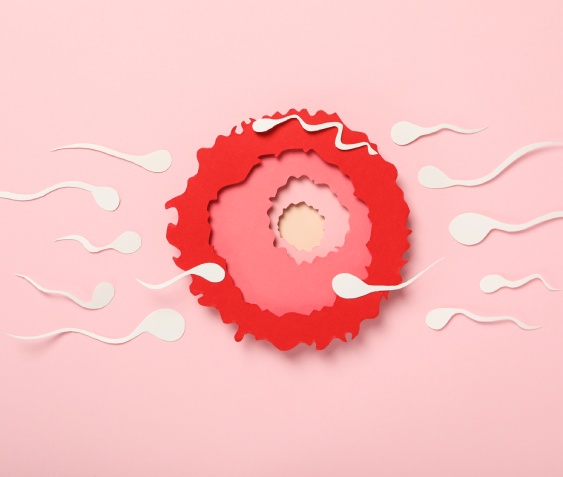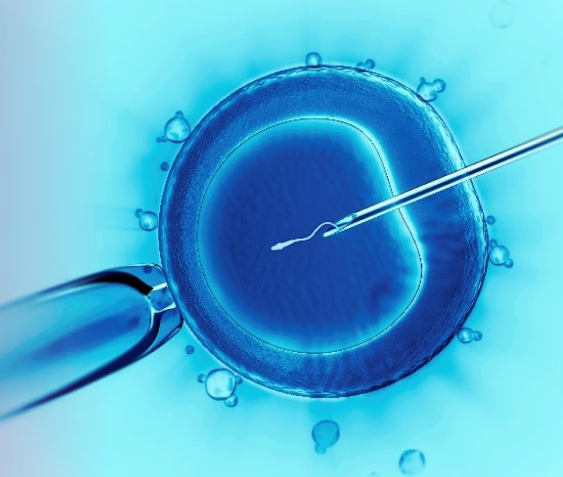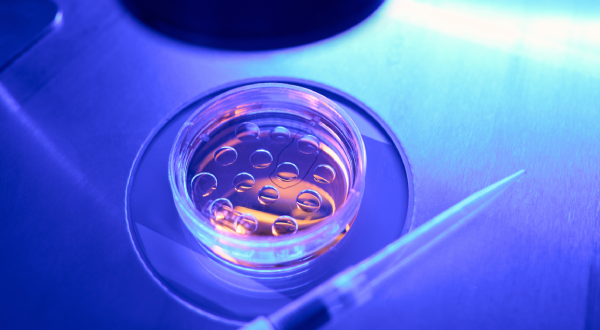Welcome to Jananam Fertility
Welcome to Jananam Fertility


At Jananam Fertility Centre, we offer cutting-edge fertility treatments designed to maximize the chances of conception for couples facing male infertility challenges. Intracytoplasmic Sperm Injection (ICSI) and Physiological Intracytoplasmic Sperm Injection (PICSI) are advanced sperm selection techniques used in In-Vitro Fertilization (IVF) to improve fertilization rates and embryo quality.
By integrating state-of-the-art technology with personalized patient care, we ensure that every couple has the best possible chance of achieving a successful pregnancy.
Book AppointmentICSI is an advanced form of IVF where a single sperm is directly injected into a mature egg under a high-powered microscope. This method bypasses natural fertilization barriers, making it particularly beneficial for men with sperm-related issues.
PICSI is an advanced version of ICSI that mimics natural sperm selection by choosing sperm based on their ability to bind with hyaluronic acid (HA), a substance found in the egg’s outer layer. This ensures only mature, genetically stable sperm are used, improving embryo quality and implantation success.

| Feature | ICSI (Intracytoplasmic Sperm Injection) | PICSI (Physiological ICSI) |
|---|---|---|
| Sperm Selection Method | Randomly selected under a microscope | Selected based on hyaluronic acid (HA) binding, mimicking natural selection |
| Best for | Male infertility (low sperm count, motility, or abnormal shape) | Couples with recurrent pregnancy loss, poor embryo quality, or high sperm DNA fragmentation. |
| Risk of Genetic Abnormalities | May use immature or DNA-damaged sperm | Reduces risk by selecting genetically stable sperm |
| Success Rate | 50–70% fertilization rate per cycle | Higher implantation success, lower miscarriage rate |
| Who Should Consider? | Couples with male infertility, failed IVF cycles, or surgical sperm retrieval | Couples with multiple IVF failures, poor embryo quality, or unexplained infertility |
These techniques are ideal for couples experiencing:
Proper preparation can significantly impact the success of ICSI/PICSI cycles. Here are some important steps:

At Jananam Fertility Centre, we use AI-based embryo grading, blastocyst culture, and advanced sperm selection techniques to improve the success rate of IVF with ICSI/PICSI.


If you’re considering ICSI/PICSI, let Jananam Fertility Centre guide you with compassion, expertise, and cutting-edge reproductive technology.